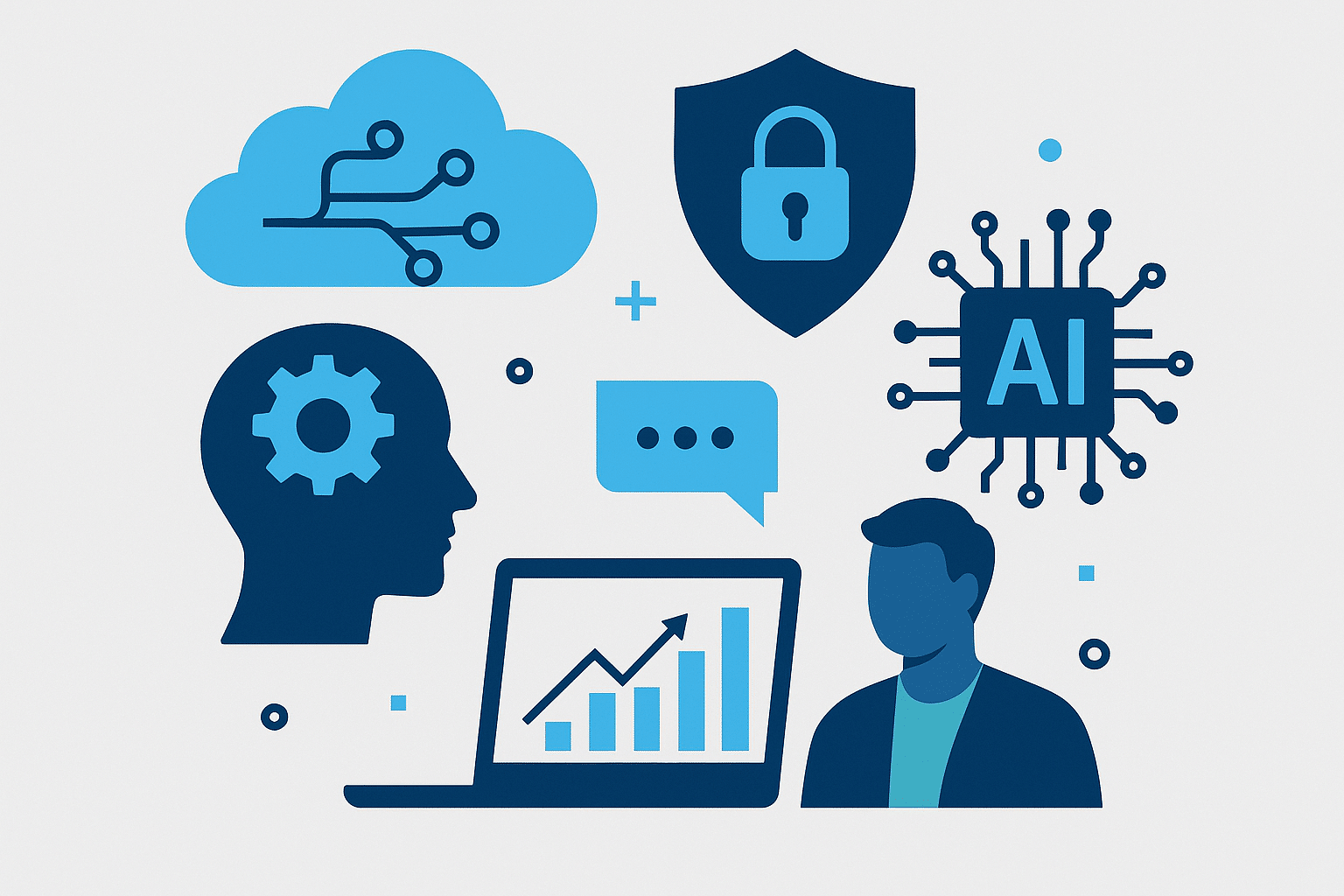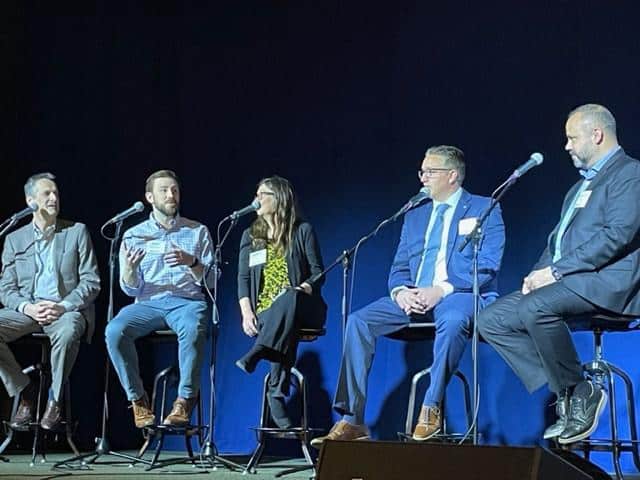Back in 2023, we published a blog highlighting the IT job market trends every tech professional should know. But in an industry as fluid as information technology, the need to stay current is constant.
That’s why we’re revisiting and refreshing that post for 2025. The technologies may evolve, and the priorities may shift, but the goal remains the same: helping IT job seekers understand where the industry is headed so they can position themselves for success.
This post revisits those trends and updates them with new insights to reflect where the IT job market stands in 2025.
The Evolution of Cloud Computing
Cloud computing continues to be a driving force behind digital transformation. In 2025, businesses are focusing more on multi-cloud and hybrid cloud strategies to improve flexibility, performance, and compliance.
This creates strong demand for professionals with experience in platforms like AWS, Microsoft Azure, and Google Cloud, especially those who understand cloud security, FinOps, or automation tools like Terraform and Kubernetes.
If you’re looking to break into this space or deepen your expertise, online platforms like Coursera, Udemy, and Pluralsight offer up-to-date training and certification paths.
Rising Demand for Cybersecurity Talent
The past two years have seen several high-profile cybersecurity incidents, from massive ransomware attacks on healthcare systems to major data breaches at global enterprises. These events underscore the growing need for professionals who can not only defend networks but also anticipate and mitigate advanced threats.
Companies are especially focused on building resilient security teams that understand both traditional defense tactics and modern threats like AI-powered attacks and ransomware-as-a-service. Cybersecurity certifications such as CompTIA Security+, CISSP, and Certified Ethical Hacker (CEH) continue to be valuable.
To stay competitive, it’s important to follow cybersecurity news, attend webinars or conferences, and stay familiar with evolving tools and frameworks.
Data Analytics at the Forefront
Every day, approximately 402.74 million terabytes of data are generated globally, a significant increase since 2023. This rapid growth makes data analytics essential for organizations seeking to turn raw data into actionable insights that drive smarter business decisions.
Demand for roles such as data analysts, data engineers, and business intelligence professionals continues to rise as companies invest heavily in managing and interpreting this data.
If you’re looking to stay in the loop, consider subscribing to tech podcasts or following thought leaders on LinkedIn.
The Acceleration of Artificial Intelligence
From chatbots and copilots to content creation and automated workflows, artificial intelligence is reshaping IT roles across the board.
In particular, generative AI has exploded in use since 2023. Tools such as ChatGPT, Google Gemini, and Claude are changing how IT professionals work, opening new opportunities in AI integration, prompt engineering, and AI ethics.
Even traditional roles, like software engineering or quality assurance, now often involve working alongside AI tools to improve productivity and innovation.
Staying competitive means understanding how GenAI intersects with your area of expertise and knowing how to leverage it effectively.
A Stronger Emphasis on Soft Skills
In 2025, employers continue to place a premium on qualities like communication, adaptability, emotional intelligence, and collaboration, especially in hybrid and remote work environments.
At PSCI, we’ve seen firsthand how hiring for both technical ability and soft skills makes all the difference. Our most recent client-focused blog explores why employers need candidates who not only excel technically but also fit well with their team’s culture and communication style. This balance helps reduce turnover, improve project outcomes, and accelerate ramp-up times.
IT professionals who can clearly explain complex ideas, work cross-functionally, and contribute to a positive team culture often stand out during interviews and on the job.
Staying informed about industry trends helps you align your skills with employer needs and positions you for long-term career growth. As the tech landscape continues to shift, the most successful IT job seekers will be those who remain curious, adaptable, and proactive.








